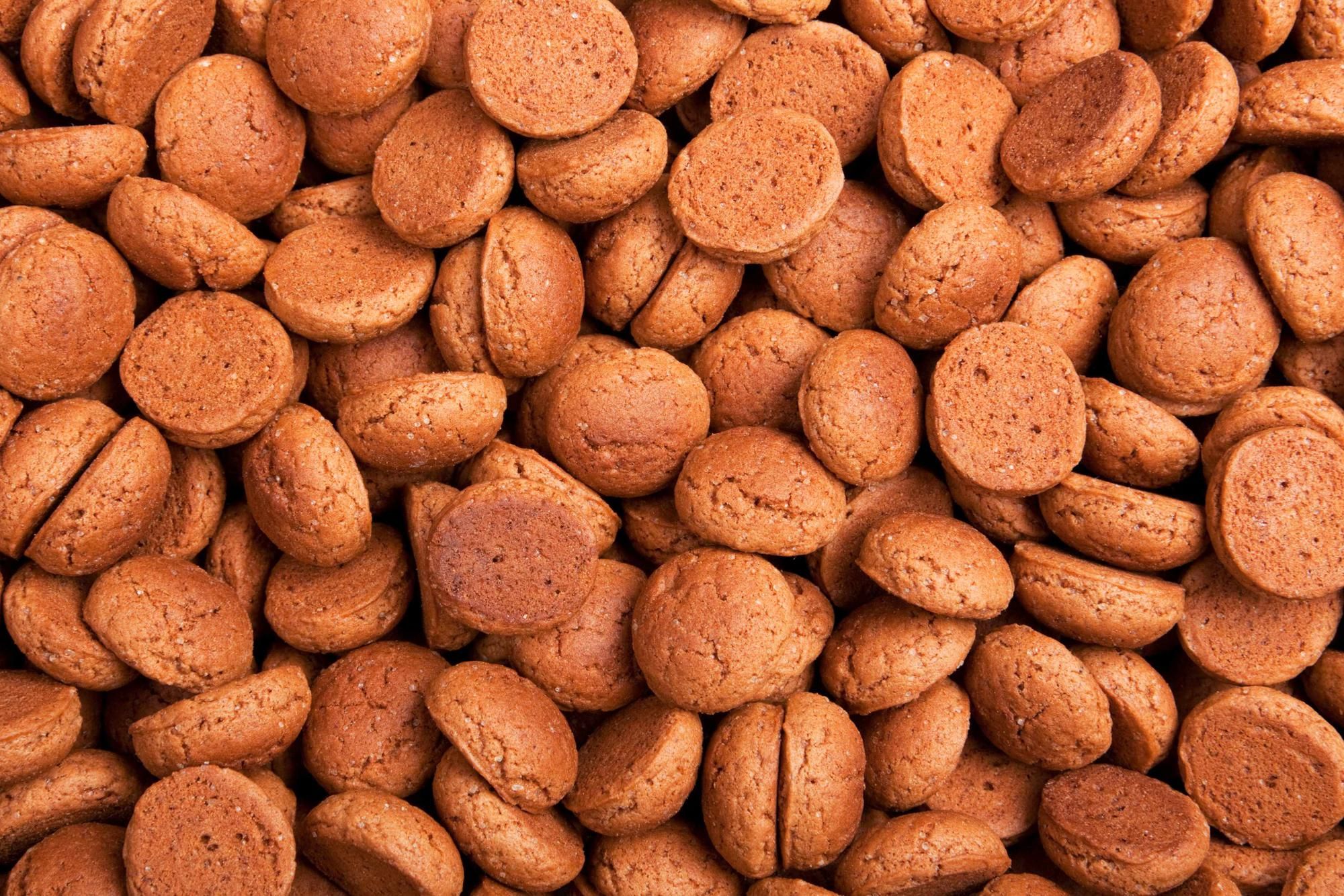Consuming milk and dairy products increases mucus production
- Marit Bonne
- Marit's Mythbusters
- 3 minutes (619 words)
They say knowledge is power, but what if this knowledge is total nonsense? When you fall on your tailbone, you won’t get blind and when you get a jellyfish sting, please don’t pee on it. You will be surprised how many biological misconceptions are rooted in your mind and that of others. In our rubric ‘Marit’s Mythbusters’, I will debunk common myths that many of you believe to be true.
Sitting on your iron stallion, you curse at the wind. With only five minutes left before your first exam, you manoeuvre quickly around all the slippery wet leaves and broken branches. Just in time, you enter Aletta. Immediately, the sniffing and coughing sounds welcome you. Yep, fall definitely has begun.
A week later, it is you who does the coughing, accompanied by litres of mucus inside your nose, and a slight headache. Remembering the words of your grandma, you swap your usual breakfast yoghurt for a dry ‘hagelslag’ sandwich. After all, dairy consumption can only increase the humongous amount of snot inside your head, right?
Well, no. At least, there is no scientific evidence that supports the theory that dairy products increase the amount of mucus or phlegm in respiratory systems. Still, this myth has been around for centuries, possibly originating from the 12th century, when philosopher Moses Maimonides wrote that dairy causes ‘a stuffing in the head’. Moreover, the influential ‘Dr. Spock’s Baby and Child Care’ book, published in the 1940s, also contributed to the doubtful link between mucus production and milk. Here, they state that dairy products can ‘cause discomfort with upper respiratory infections’.
Given the well-rooted origin of the myth, it is persistent. Studies from a decade ago showed that around two-thirds of the participants were convinced that drinking milk increased their mucus production. People that consume milk or a dairy product report a sticky, clogged, thick feeling in their throat afterwards.
But what about when you’ve caught a cold? A study in 1990 deliberately got volunteers infected with the common cold virus. Afterwards, the researchers gave the participants milk. The participants had to collect and weigh their mucus and answer some basic questions. How did their throat feel after drinking the milk? Did it feel more clogged?
Interestingly, the participants that believed in the myth that dairy increases the amount of phlegm, reported more congestion than non-believers. In fact, all the participants, no matter their belief or (lack of) infection, produced the same amount of mucus. Thus, drinking milk did not influence the amount of mucus secreted.
While there is no indisputable evidence that milk increases phlegm secretion, drinking milk when having the common cold may still be uncomfortable for some. After all, anecdotal evidence that dairy products make the throat feel thick and sticky still exists. This might be due to the composition of milk.
Milk is an emulsion, which means that it is a mix of hydrophobic and hydrophilic liquids. The current hypothesis is that saliva interacts with the emulsive properties of the milk, creating a so-called flocculation.
This flocculation alters the viscosity, possibly explaining the thick feeling a lot of people experience in their throat after consuming the holy cow juice. And of course, already having a stuffy nose could make an increased viscosity in your mouth more noticeable, aka more uncomfortable.
Altogether, you can safely eat your breakfast yoghurt or drink your daily glass of milk when you catch a cold. However, despite milk not increasing mucus production, science also acknowledges that it might be a bit uncomfortable to drink litres of milk while a virus has penetrated your cells. See what works for you and good luck beating those fall influenzas!



Comments
Log in to read and post comments